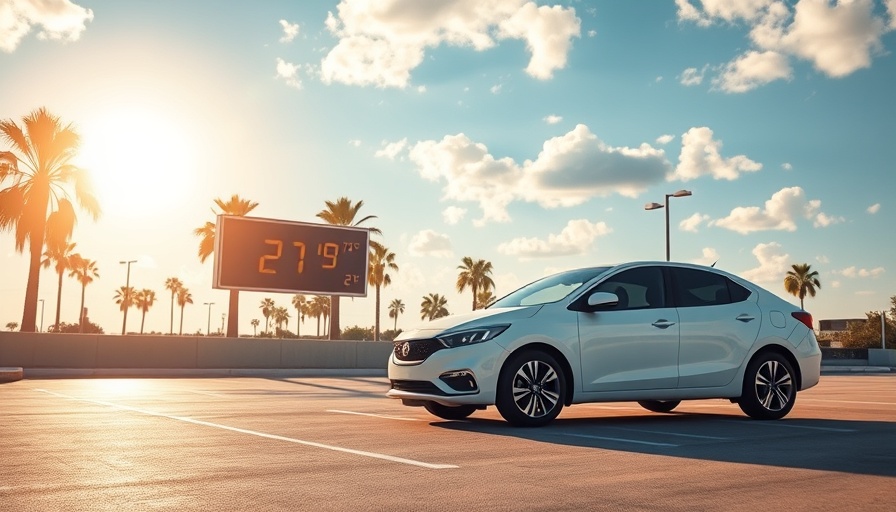
The Importance of Sunglasses for Eye Health
Sunglasses are often viewed as a mere fashion accessory, but their role in protecting our eyes is crucial, especially during the summer months. According to Dr. Masih Ahmed, an ophthalmologist at the Baylor College of Medicine, wearing sunglasses is not just about style; it's about safeguarding our vision from the harmful effects of ultraviolet (UV) radiation. UV rays, present even on overcast days, can have both short-term and long-term repercussions on our eye health.
The Dangers of UV Exposure
Failing to wear adequate sun protection can lead to several eye conditions. In the short term, exposure to UV rays might aggravate dry eyes or lead to photokeratitis, essentially a corneal sunburn that can be particularly harmful for those spending extended periods in the sun and looking upwards. Over time, accumulated UV exposure increases the risk of developing cataracts, macular degeneration, and pterygium, a growth that can obstruct vision.
Dr. Ahmed emphasizes the importance of wearing 100% UV-blocking sunglasses to minimize these risks. Choosing sunglasses that provide fuller coverage is recommended since light can seep through the sides of the frames, compromising protection.
Understanding Polarization
Another critical aspect to consider is lens polarization, especially for activities near water or snow. Polarized sunglasses are designed to eliminate glare, allowing for clearer vision and reducing eye strain. However, it's noteworthy that these lenses may affect visibility when looking at screens, a quirk pointed out by Dr. Ahmed. So, while polarized lenses can enhance outdoor experiences, they may not be ideal for all situations.
Optimal Times to Wear Sunglasses
While sunglasses are essential on sunny days, they can also be beneficial when the sky is overcast. UV rays don't disappear when clouds cover the sun, thus, wearing sunglasses during cloudy conditions remains important. However, sunglasses are not necessary at night or during periods of heavy cloud cover where UV exposure is minimal.
Safety Benefits of Sunglasses
Beyond UV protection, sunglasses can act as a barrier during outdoor activities, protecting against debris and foreign objects. Polycarbonate materials in sunglasses offer safety features akin to safety glasses, which are particularly useful when mowing lawns or engaging in other yard work.
Choosing the Right Sunglasses
When investing in a pair of sunglasses, it’s critical to look for options that block 100% of UV rays. Dr. Ahmed advises shoppers to also pay attention to lens quality and frame style to ensure maximum protection and comfort, especially during prolonged outdoor activities.
Connecting Sunglasses to Health and Wellness
Your eye health is an integral part of overall well-being. Maintaining optimal eye health contributes to your ability to engage in community health and wellness activities. Sunglasses not only help in preventing common vision problems but also support a healthier lifestyle by allowing you to enjoy your outdoor pursuits safely.
Final Thoughts on Eye Protection
As sunny days invite us outdoors, the message from experts like Dr. Ahmed remains clear: wearing sunglasses can have profound implications for your long-term eye health. Prioritizing eye protection is an important step for those looking to maintain their vitality and embrace a healthy lifestyle.
Invest in your vision by choosing quality sunglasses. Your eyes will thank you!
 Add Row
Add Row  Add
Add 




 Add Row
Add Row  Add
Add 


Write A Comment